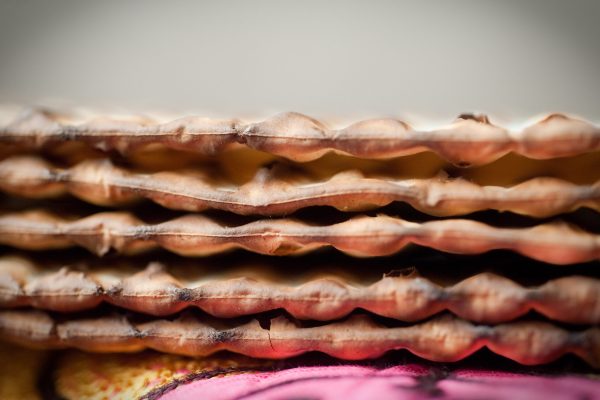|
Task |
When |
Who |
|
Choose a date for your wedding in consultation with clergy and family |
1 year in advance |
|
|
Decide on budget and style |
1 year in advance |
|
|
Scout out and choose a reception site |
9–11 months in advance |
|
|
Begin working on guest list and request lists from parents |
9–11 months in advance |
|
|
Choose a caterer |
9–11 months in advance |
|
|
Begin shopping for a gown |
6–8 months in advance |
|
|
Finalize guest list |
6–8 months in advance |
|
|
Meet with rabbi to discuss ceremony; set up prenuptial meetings |
6 months in advance |
|
|
Book a band |
6 months in advance |
|
|
Choose a gown |
4–6 months in advance |
|
|
Book a calligrapher to make your ketubah |
6 months in advance |
|
|
Book a photographer |
4–6 months in advance |
|
|
Register for wedding gifts |
4–6 months in advance |
|
|
Set aside a block of hotel rooms for out of town guests |
4–6 months in advance |
|
|
Decide on wording for invitation |
4–6 months in advance |
|
|
Decide on text for ketubah |
4–6 months in advance |
|
|
Order invitations |
4-6 months in advance |
|
|
Book a baker for the wedding cake |
2–4 months in advance |
|
|
Order kippot and bentschers |
2–4 months in advance |
|
|
Reserve rental equipment if necessary |
2–4 months in advance |
|
|
Plan your honeymoon |
2-4 months in advance |
|
|
Book hotel room for wedding night |
2–4 months in advance |
|
|
Buy wedding rings |
2–3 months in advance |
|
|
Compile packages for out of town guests to be mailed with invitations |
2–3 months in advance |
|
|
Decide on chuppah – florist, tallis, how you will construct it |
2–3 months in advance |
|
|
Purchase other clothing – veil, stockings, shoes, etc. |
2–3 months in advance |
|
|
Send out wedding invitations |
6 weeks in advance |
|
|
As you receive gifts, update registry, and send out thank you notes |
6 weeks in advance |
|
|
Order liquor, wine, etc. |
6 weeks in advance |
|
|
Map out whole ceremony |
6 weeks in advance |
|
|
If you want friends to perform or read something, invite them to do so |
6 weeks in advance |
|
|
Decide on and plan pre-wedding ceremonies – tisch, bedecken, kabalat panim |
4 weeks in advance |
|
|
If you will be celebrating sheva berachot after the wedding work out schedule of locations and guests |
4 weeks in advance |
|
|
Choose witnesses who will sign ketubah |
3–4 weeks in advance |
|
|
Get marriage license |
2–3 weeks in advance |
|
|
Have a final meeting with rabbi |
2–3 weeks in advance |
|
|
Work out wedding day timing and details, who picks up when where, etc. |
1–2 weeks in advance |
|
|
Write and print out wedding booklets |
1–2 weeks in advance |
|
|
Determine wedding day assignments |
1–2 weeks in advance |
|
|
Confirm all service providers – caterer, band, etc. |
1–2 weeks in advance |
|
|
Go the mikveh |
1–3 days before wedding |
|
|
Bring props – kiddush cups, ketubah, etc., – to wedding site |
Day before |
|











